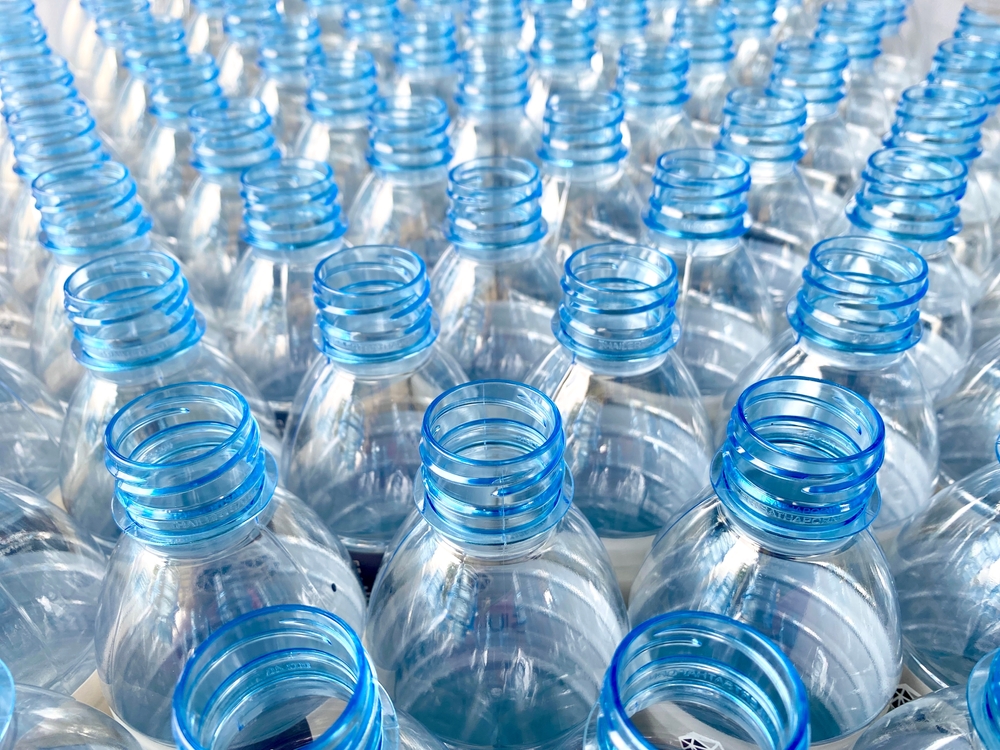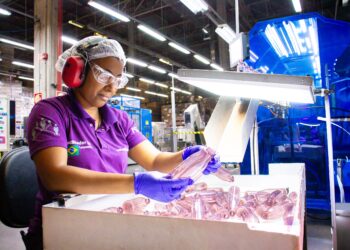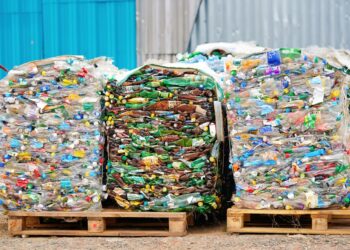Plastics Recycling Update
US Plastics Pact announces leadership change
Crystal Bayliss will serve as interim executive director, the group's board of directors said in a statement.
Equity firm invests in Indian chemical recycling platform
Indian recycling technology firm PolyCycl secured Series A investment from Zerodha’s Rainmatter to scale solvent-based polyolefin recycling technology and expand...
New brand-led recycling group looks to work with Congress
Led by the Consumer Brands Association, the Recycling Leadership Council includes several recycling, packaging, manufacturing and consumer product groups.
Alpla decries ‘painful impact’ of recycling market pressures
Although the Austria-headquartered packager and recycler increased total revenue by 6% on the year, it was not immune to headwinds...
Aduro reports losses, will pick site for demo plant by end Jan
Canada-based Aduro Clean Technologies plans to finalize site selection, with options including a Dutch site, amid higher quarterly revenue but...
Emerald joins effort to boost film, flexibles recycling
In an interview, Emerald's CEO said the company became the first packaging manufacturer to join the US Flexible Film Initiative,...
New Jersey passes bill on single-use service items
The New Jersey Legislature has passed a bill that would limit restaurant owners from distributing plastic serviceware, and is headed...
US Plastics Pact releases progress report
The group reported progress on five-year goals by signatories representing the entire plastics value chain, but pointed out systemic challenges...
HDPE, PP bales firm as paper stays level
US prices for plastic film bales continued to weaken in January, while HDPE grades firmed and PET, paper and UBCs...
CalRecycle withdraws proposed regs for SB 54
In a late afternoon email on Jan. 9, the state's resource and recycling agency abruptly withdrew proposed regulations for the...
















